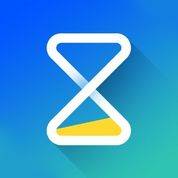TimeCaptis is a Time Tracking Software. TimeCaptis offers Timesheet Management, Offline Time Tracking, Mobile Time Tracking, Billable & Non-billable Hours, Employee Database and many more functionalities.
Some top alternatives to TimeCaptis includes TimeTracker App, My Hours, Hubstaff, Timesheets.com and Timesheet.
No, TimeCaptis doesn't provide API.
Yes, TimeCaptis provides a mobile app.
TimeCaptis is located in Greenville, North Carolina
TimeCaptis offers Freemium, Subscription pricing models
The starting price of TimeCaptis is $20/User/Month












